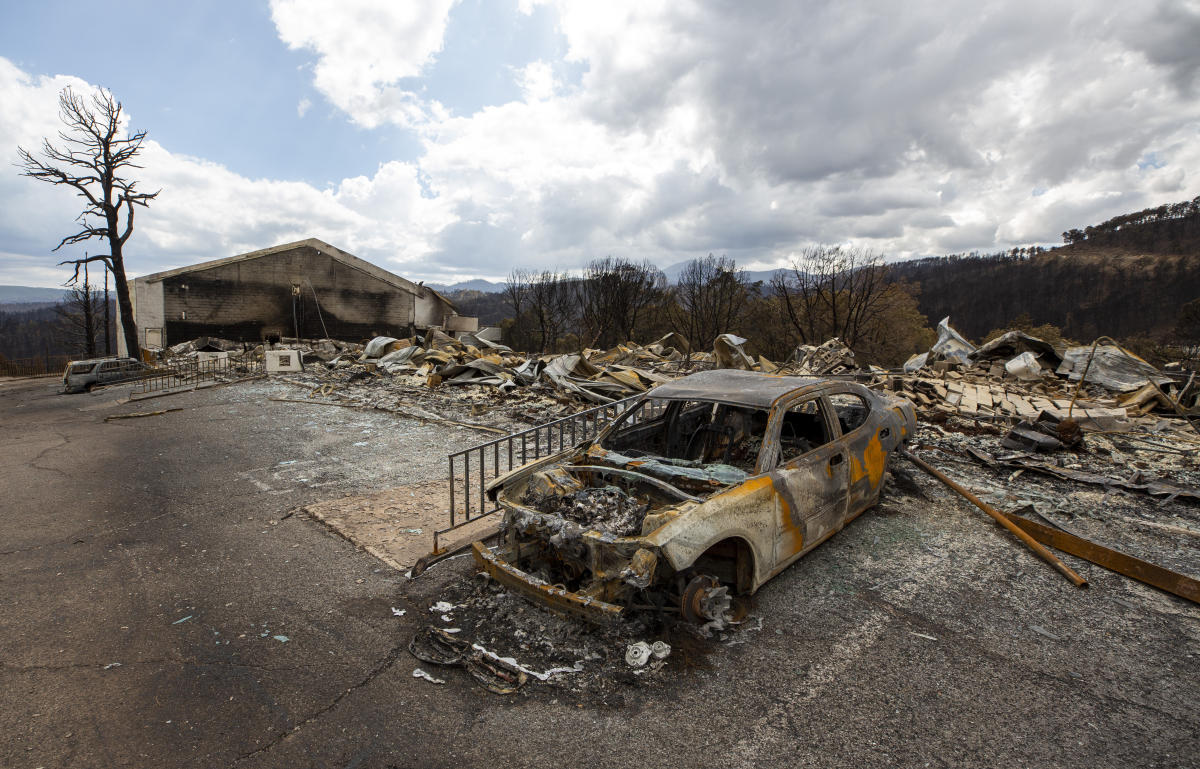SAN FRANCISCO — A new California law aimed at ending so-called “junk fees” on purchases could face changes after pushback from the state’s bars and restaurants.
Marco Senghor has owned his African restaurant in the Mission since 1997. He is one of many restaurant owners concerned about a new law coming into effect July 1 that would prevent them from charging “service fees.”
“It’s all about clarity… clarity… We have been accused of so much, left and right… by the tablets, by the taxes, by the credit costs, so many costs and also by trying to get better salaries for our employees and health protection for the employees, so we have to cover all these costs at some point,” Senghor explains.
Senghor is paying close attention to the latest developments in this legal back and forth. Senator Bill Dodd (D-Napa) has introduced a new piece of legislation that would protect restaurant fees as long as they are clearly presented to the customer.
“No one is trying to cheat anyone here in the industry, and everyone should know exactly what they are paying for, and I support that. I would like to be very clear, because every customer would feel good, and we would feel good. ” Senghor added.
This means restaurants can continue to operate as they do now, by disclosing any additional charges on menus, websites or reservation notices. This effort is intended to clarify Senate Bill 478, known as the “junk fee ban.” which bans undisclosed fees from car rental dealers and ticket sellers for concerts and other events.
The inclusion of restaurants in this bill has caused confusion.
In a statement, the California Restaurant Association said they support this new bill, stating, “The bill addresses questions that have arisen since the passage of SB 478, and will ensure that it is implemented in a manner that does not unnecessarily disrupt restaurant operations disrupts. throughout the state.”
Dodd, co-author of SB 478, emphasized that the new legislation is intended to ensure transparency and fairness in the industry. For example, if a restaurant charges a 20% tip for large groups, that 20% should be clearly stated on the menu in advance. It can’t be a surprise that only shows up when the bill arrives.
“For example, I would add tips to that, the distribution or delivery, but in this case there is no delivery, or some companies are now contacting us and saying why are you paying the credit card fees, why haven’t you done that to the customer. ..he is the one who chooses to use his card,” Senghor said.
Lawmakers are rushing to pass emergency restaurant legislation before July 1.
“We work so much, and our customers who have supported us for so many years understand us completely, and some of them even offer to give more to us to help, because they understand why we do this work,” says Senghor. concluded.




